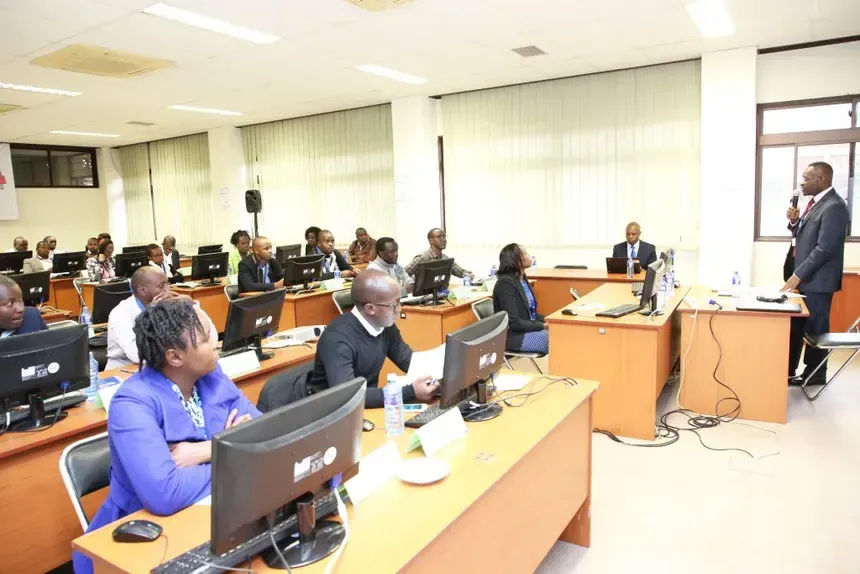
The Role of Organizational Development in Modern Enterprises
In today's rapidly evolving business landscape, organizations must continually adapt to maintain efficiency and effectiveness. Organizational development (OD) plays a pivotal role in this process by implementing structured change strategies.
OD involves aligning an organization's structure, processes, and culture with its goals and market demands. This alignment fosters improved communication, streamlined workflows, and a culture of continuous improvement.
By investing in OD, companies can enhance employee engagement, reduce operational redundancies, and position themselves competitively in the market.





